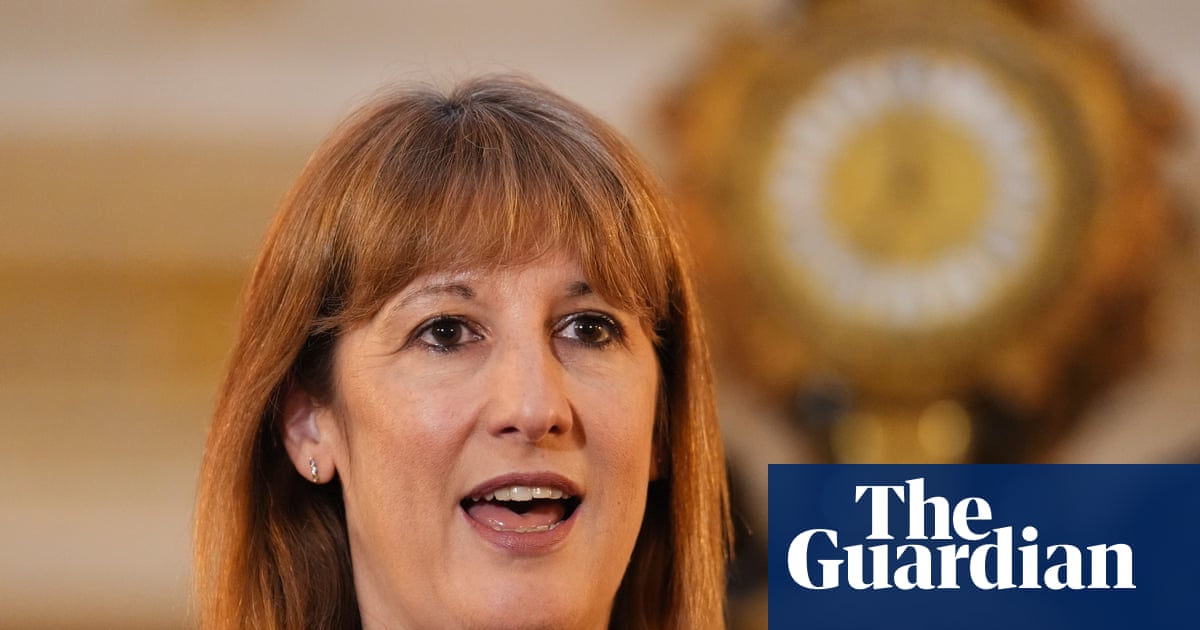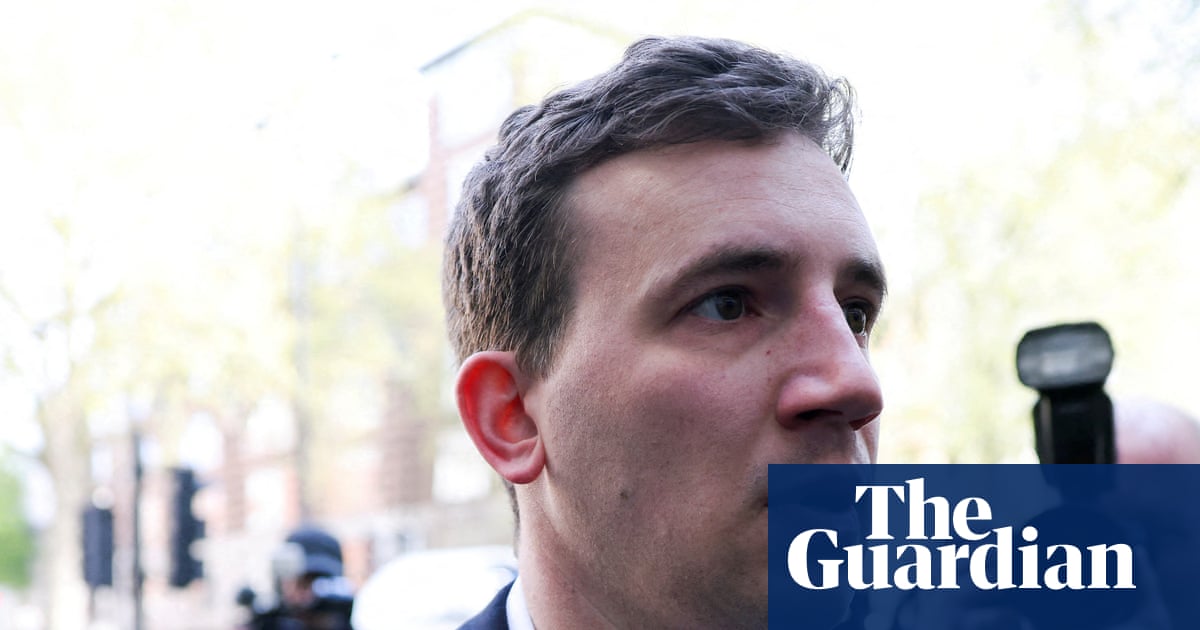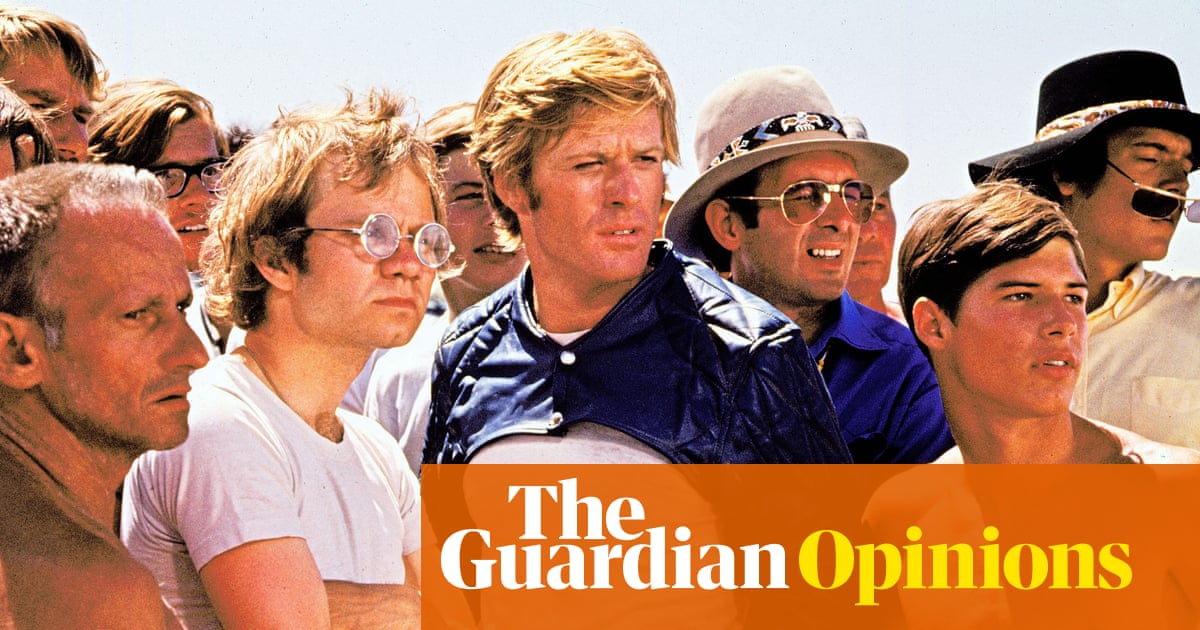When was it obvious that HS2 was an economic turkey at risk of becoming “an appalling mess”, as the transport secretary, Heidi Alexander, described today’s position?
A fair case can be made for 2013, a year of two neon-lit warnings of trouble ahead. One was a scathing report on HS2 from the National Audit Office (NAO), the first of many, when the project was still at the planning stage. The NAO concluded it was impossible to say whether the programme was likely to deliver value for money; the cost and benefit estimates were “uncertain”; there had been “past errors in the underlying model”; the Department for Transport had “poorly articulated” the strategic need for a transformation in rail capacity and how HS2 was supposed to rebalance economic growth. In short, there was “a weak foundation for securing and demonstrating success in the future”.
Then there was Peter Mandelson’s remarkable insider confession in the pages of the FT of how Gordon Brown and his cabinet came to approve HS2 in the first place in 2010. It was a tale of collective short-termism; in the grim post-banking crash era, the Labour government didn’t want to be outdone by the Tories in their enthusiasm for a shiny new big project.
The cost estimates were “almost entirely speculative”, wrote Lord Mandelson, but “the vision was exciting” and “we were focusing on the coming electoral battle”. Laughably, ministers had imagined HS2 would attract private sector backers. By 2013, Mandelson had changed his mind on HS2 and feared “an expensive mistake”.
If only others had rethought. It would have been a painless option for David Cameron’s coalition government to ditch the whole adventure. There was an excuse to do so because an earlier report in 2006 by the former British Airways chief Sir Rod Eddington, which was being reread with fresh eyes at the time, had rejected the idea of new high-speed rail links. For a country the size of the UK, the best value will usually lie in improving existing rail and road networks, it argued.
Instead, the HS2 show rolled on, fuelled by more political puff and short-termism. Some of the passages in the review by the ex-KPMG infrastructure adviser James Stewart, published by Alexander on Wednesday, are excruciating. Key decisions such as the passing of the first parliamentary bill in 2017 and the letting of works contracts prioritised the schedule over costs.
“I have heard a range of reasons for this but pressure from politicians to maintain momentum, fear of HS2 being cancelled, and the belief that costs will increase as a result of delay have featured strongly,” says Stewart. Meanwhile, “the top-down vision of building a railway that would be the best and fastest has been a major factor in undermining attempts to introduce a culture of cost control”.
This is tear-your-hair-out stuff because it breaks the golden rule about getting plans hammered down in detail before you start building large-scale infrastructure projects. Even now half of Euston sits as a wasteland before a plan has been agreed for a design for a HS2 terminus.
The main source of cost overruns, as Stewart and Mark Wild (the ex-Crossrail chief executive now charged with salvaging the shambles) agree, were the works contracts. The contracting model, combined with unrealistic targets, turned the contracts into “cost-plus” arrangements whereby contractors had little to no incentive to hit cost targets. Companies rang rings around the department and its arm’s-length body, HS2 Ltd. The Institution of Civil Engineers concluded roughly the same in its report last year: huge contracts created “an imbalance of power”, especially in the context of a political demand to hurry up.
after newsletter promotion
Later Tory leaders, especially Boris Johnson, deserve their own mention in the catalogue of infamy. It was Johnson who pushed the formal “notice to proceed” button in 2020, in full knowledge that the review he commissioned from Douglas Oakervee said HS2 only made sense if built in full. Within 18 months, and with costs hurtling out of control, ministers amputated most of HS2’s eastern arm to Leeds in 2021; the section to Manchester followed.
In shrunken circumstances, it makes sense, as Alexander and Wild say, to slow down and complete the rump Birmingham-London link to a slower timetable in the interests of minimising yet more cost overruns. It will involve running the high-speed trains at slower speeds initially, a suitably farcical postscript to a project that has wasted tens of billions of pounds and consumed the lion’s share of spending on rail for years. The tragedy is this ending has been predictable for about a decade.

 3 months ago
94
3 months ago
94

















































